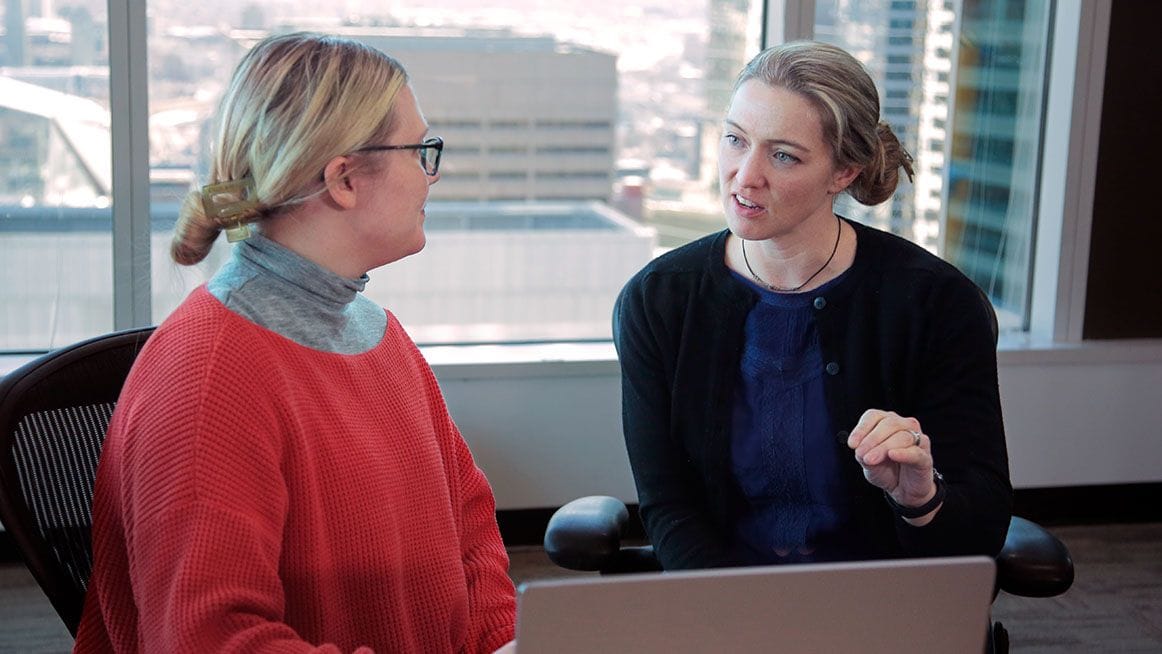Description
In engineering practise, there is a growing emphasis on ethics. Engineers are expected to not only perform their work competently and skillfully, but also to be aware of the larger ethical and social implications of engineering and to be able to reflect on these. Engineers must have "an understanding of professional and ethical responsibility" and "understand the impact of engineering solutions in a global and societal context," according to the Engineering Criteria 2000 of the Accreditation Board for Engineering and Technology (ABET) in the United States.
This course introduces students to engineering and technology ethics. It assists engineers and engineering students in acquiring the competencies listed in the ABET criteria or comparable criteria developed in other countries. This course specifically assists engineers in developing the following moral competencies:
- Moral sensibility: the ability to recognise social and ethical issues in engineering;
- Moral analysis skills: the ability to analyse moral problems in terms of facts, values, stakeholders, and their interests;
- Moral creativity: the ability to consider alternative courses of action in light of (conflicting) moral values and relevant facts.
- Moral judgement skills: the ability to make moral decisions based on various ethical theories or frameworks, such as professional ethics and common sense morality;
- Moral decision-making skills: the ability to reflect on various ethical theories and frameworks and make a decision based on that reflection.
Syllabus :
1. (A) Introduction
- This module offers a short introduction to the course. The lecture will show a video in which Micaela dos Ramos, executive director of KIVI (the largest professional association of engineers in the Netherlands), illustrates the relevance of ethics for engineers.
(B) The responsibility of engineers
- Engineering = Social Engineering
- Challenger
2. Codes of conduct
- In this module, we discuss the role of codes of conduct in engineering. In particular, we focus on professional codes as they have been proposed by professional engineering societies and on corporate codes, as they have been formulated by companies. We discuss these two types of codes, their structure and their content, and a number of common objections that have been levelled against codes of conduct. This includes the problem that someone is acting according to the code, but that it may nevertheless lead to dismissal.
3. Normative ethics
- Applying the ethical theories
- The ethics of automated driving (part 1)
- The ethics of automated driving (part 2)
- The ethics of automated driving (part 3)
- Indian trials and informed consent
4. The ethical cycle
- Engineers will encounter in their professional life some difficult moral situations. Such situations call for moral judgment, using the tools we have introduced in the preceding modules. However, moral judgment is not a straightforward or linear process in which you simply apply ethical theories to find out what to do. Instead it is a process in which the formulation of the moral problem, the formulation of possible ‘solutions’, and the ethical judging of these solutions go hand in hand. This messy character of moral problems, however, does not rule out a systematic approach. In this module we describe a systematic approach to problem solving that does justice to the complex nature of moral problems and moral judgment: the ethical cycle. Our goal is to provide a structured method of addressing moral problems which helps to guide a sound analysis of these problems.
5. Ethical questions in the design of technology
- The design of the storm surge barrier in the Eastern Scheldt25m
6. Designing morality
- Technological artefacts can be politically or morally charged. This means that ethics is not just a matter of people but also of things. To better understand, the moral role of technological artefacts, we will elaborate this notion of ‘technological mediation’. After this, the implications of this mediation approach for ethics will be investigated, especially to what extent we can moralize technology.
7. Ethical aspects of technological risks
- The ethics of technological risks
- How it works
- Dutch protests
8. Distribution of responsibility
- The responsibility gap
- The Deepwater Horizon disaster
9. Exam









